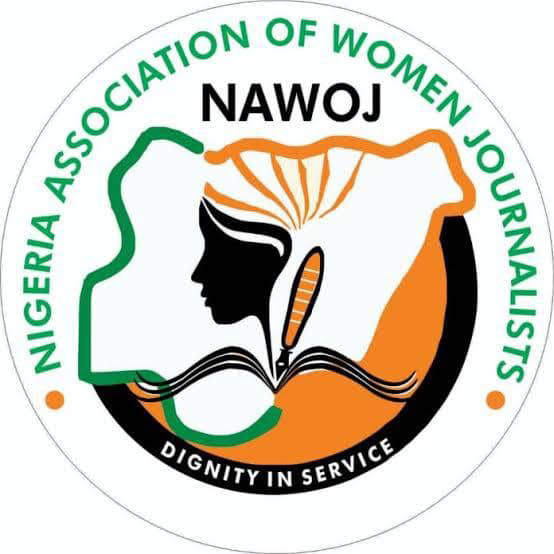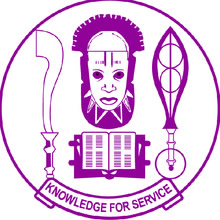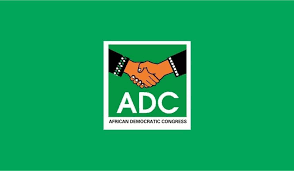The Federal Ministry of Education has introduced a new policy document on Non-State Schools, setting the minimum age for admission into Junior Secondary School (JSS1) at 12 years. This applies to pupils who have completed six years of primary education.
Non-State Schools—also known as independent, private, or non-government schools—are institutions not run by the government. They are primarily funded through tuition fees and supported by donations from individuals, businesses, communities, religious groups, and foundations.
The policy acknowledges the growing influence of non-state schools in Nigeria’s education system, despite disparities in quality across different institutions.
Regarding early childhood education, the ministry specified that nursery education will last three years:
- Nursery One: Age 3
- Nursery Two: Age 4
- Pre-primary (Kindergarten): Age 5
Children are to begin Primary One at age 6 and will transition to JSS1 at around age 12 after completing six years of primary school, in line with the 2013 edition of the National Policy on Education.
If strictly implemented, this age structure means students would reach 18 before qualifying for admission into higher education.
This comes amid recent debates over university entry age. While former Education Minister Prof. Tahir Mamman set the minimum age at 18, his successor, Dr. Tunji Alausa, later reversed it to 16.
The Nigeria Education Digest 2022 reports that non-state schools now outnumber government schools at the junior secondary level in at least 26 states. At the primary level, state schools still lead in 19 states. Between 2017 and 2022:
- Non-state primary schools grew by 31.56%
- State primary schools grew by 3.3%
- Non-state junior secondary schools grew by 35.06%
- State junior secondary schools grew by 6.8%
The rapid expansion of non-state schools reflects their increasing role in bridging educational gaps, even as policymakers emphasize the need for consistent quality standards across all types of institutions.








